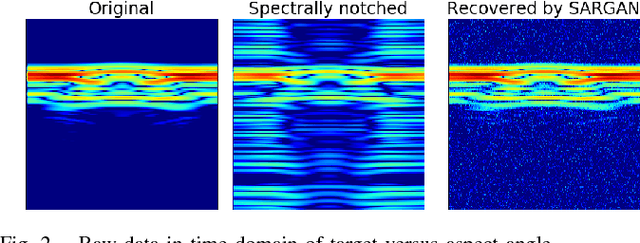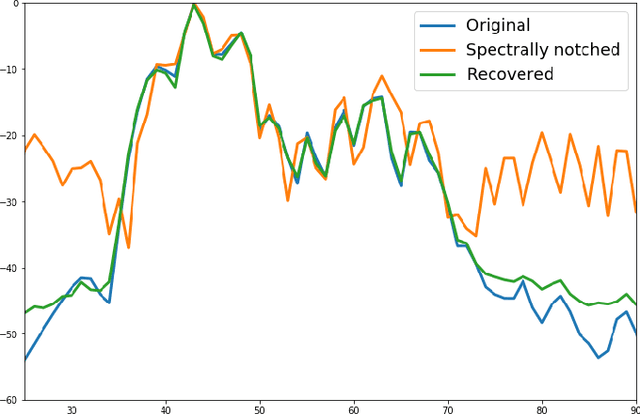Dung N. Tran
Single-channel speech enhancement using learnable loss mixup
Dec 20, 2023



Abstract:Generalization remains a major problem in supervised learning of single-channel speech enhancement. In this work, we propose learnable loss mixup (LLM), a simple and effortless training diagram, to improve the generalization of deep learning-based speech enhancement models. Loss mixup, of which learnable loss mixup is a special variant, optimizes a mixture of the loss functions of random sample pairs to train a model on virtual training data constructed from these pairs of samples. In learnable loss mixup, by conditioning on the mixed data, the loss functions are mixed using a non-linear mixing function automatically learned via neural parameterization. Our experimental results on the VCTK benchmark show that learnable loss mixup achieves 3.26 PESQ, outperforming the state-of-the-art.
Generative Adversarial Networks for Recovering Missing Spectral Information
Dec 13, 2018



Abstract:Ultra-wideband (UWB) radar systems nowadays typical operate in the low frequency spectrum to achieve penetration capability. However, this spectrum is also shared by many others communication systems, which causes missing information in the frequency bands. To recover this missing spectral information, we propose a generative adversarial network, called SARGAN, that learns the relationship between original and missing band signals by observing these training pairs in a clever way. Initial results shows that this approach is promising in tackling this challenging missing band problem.
 Add to Chrome
Add to Chrome Add to Firefox
Add to Firefox Add to Edge
Add to Edge